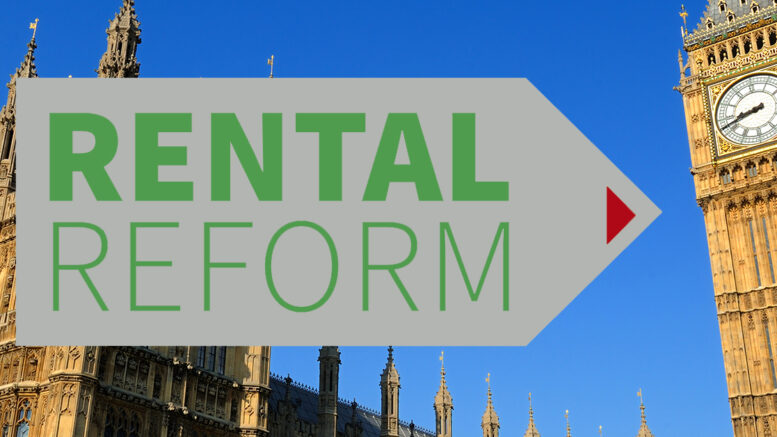Yesterday, the House of Lords tabled a series of proposed amendments to the Renters’ Rights Bill, marking a significant shift towards landlord-friendly policies. The revisions, influenced by extensive lobbying from industry bodies, aim to balance tenant protections with the financial viability of the private rented sector (PRS).
Landlords welcome fixed-term tenancies and Section 21 delay
One of the key amendments put forward is the retention of fixed-term tenancies, an issue that has sparked debate among landlords and policymakers. Lord Truscott has proposed allowing fixed-term agreements of up to 12 months, while Lord Cromwell’s amendment seeks to introduce voluntary extension agreements, giving tenants security while permitting landlords to reclaim properties under specific conditions.
Additionally, Baroness Scott of Bybrook and Lord Jackson of Peterborough have pushed for small landlords-defined as those with fewer than five properties-to retain the ability to issue Section 21 eviction notices. The proposed delay in scrapping Section 21 until court capacity has been reviewed is seen as a critical step in ensuring landlords can regain possession of their properties efficiently.
Industry experts support amendments
Allison Thompson, National Lettings Managing Director at Leaders Romans Group (LRG), hailed the proposed changes as a “significant and positive step forward”. She emphasised the importance of “retaining fixed-term tenancies, linking rent increases to an index, ensuring student lets remain workable, and delaying the removal of Section 21 until court capacity is reviewed.”
The amendments also acknowledge the need to assess judicial resources, with proposals requiring the Lord Chancellor to evaluate the impact of possession claims on the court system. “We welcome the commitment to assessing judicial capacity, as well as the recognition that small landlords-who make up a substantial portion of the sector-need a fair system that allows them to manage their properties effectively,” Thompson added.
Student housing and rent increase limits under scrutiny
Other amendments target specific areas of concern, including student housing and rent controls. Baroness Scott of Bybrook has introduced a provision allowing student tenancies to remain fixed-term, preventing uncertainty for both landlords and tenants in the academic rental market.
On the issue of rent increases, the Lords have proposed linking rent hikes to inflation or wage growth to prevent excessive rises. However, amendments from Baroness Scott suggest changes to tribunal processes, aiming to discourage tenants from automatically challenging rent increases without valid grounds.
The road ahead for landlords
While these amendments offer a reprieve for landlords, their future remains uncertain as the Bill progresses through Parliament. The government faces pressure from tenant advocacy groups who argue that the changes undermine renter protections. However, landlords stress that without a balanced approach, the PRS could shrink further, exacerbating the UK’s housing crisis.
With the final version of the Bill yet to be determined, landlords will be watching closely to see whether these proposals gain traction or if further revisions tip the scales back towards tenant interests. The coming months will be crucial in shaping the future of rental legislation in the UK.








